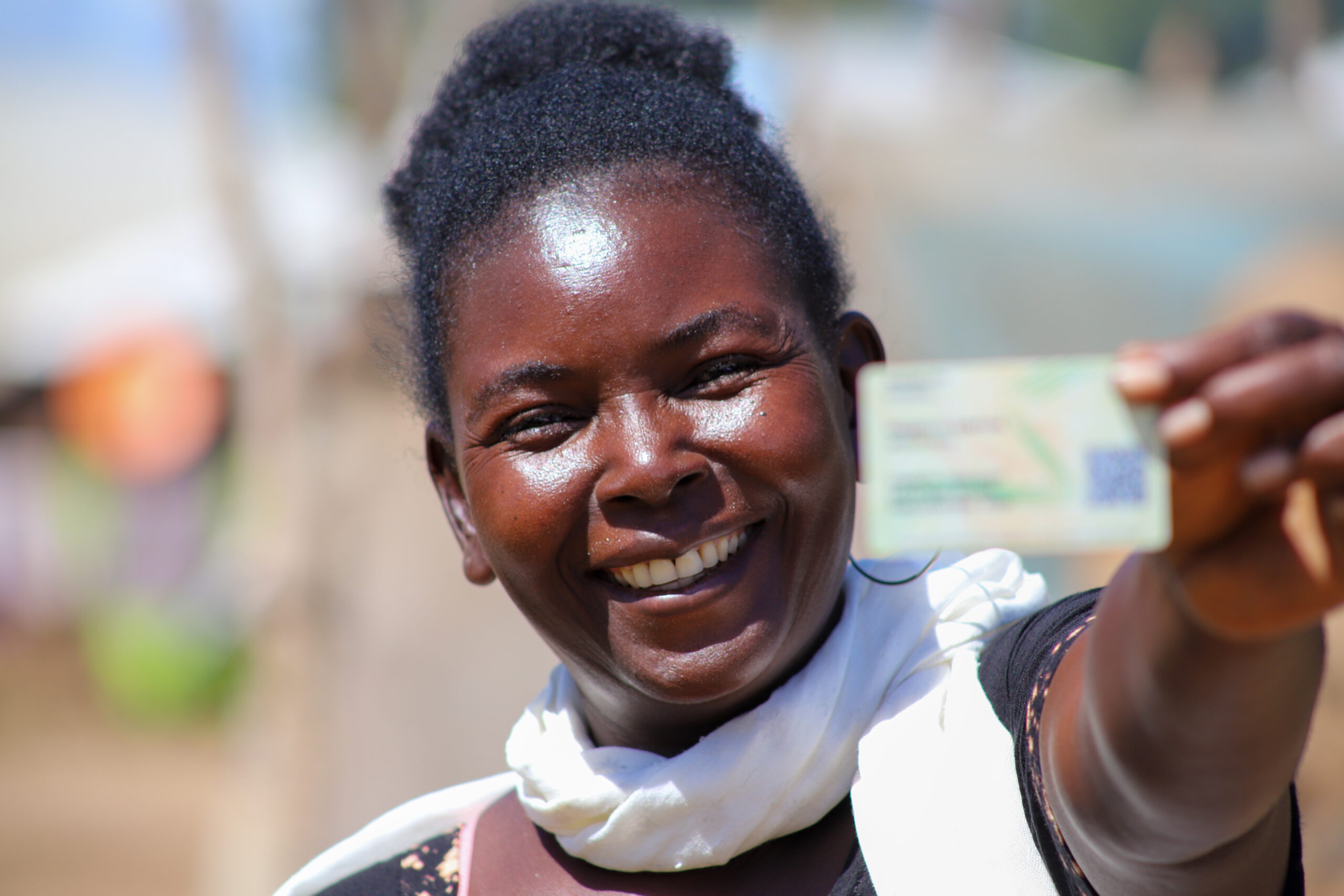Despite her unwavering desire to push for inclusion and participation in democracy, Naiko Jillo, a person with a disability (PWD), faced significant barriers.
Jillo, aged 41, comes from Kulesa village in Garsen, Tana River.
At a young age, she was diagnosed with limb length deficiency, a condition in which her right leg is shorter than it should be, compared to the average size of limbs her age and gender. The condition impacted her mobility and ability to perform everyday jobs.
Even with the challenges she faced, Jillo was determined to be an active participant in her community.
Breaking barriers
In 2022, Jillo started by attending local town hall meetings organized by Kenya Community Support Center (KECOSCE), a Coast-based NGO that advocates for good governance.
KECOSCE had just begun meeting locals from Tana River, about five months before the general election, preaching peace and pushing for their participation in polls.
Jillo was an active participant in these meetings. She would use the opportunity to learn activism skills that would help her advocate for the needs of PWDs.
KECOSCE meetings continued for over a year, and Jillo, over time, became even more involved.
“In my village, PWDs were often excluded from political and governance decisions,” Jillo said. “This motivated me to learn and engage in a way that will break these barriers.”
KECOSCE helped her to overcome the hurdles and inspire her peers in democratic participation.
According to Damian Otoi, KECOSCE’s coordinator for Tana River, the organization had special meetings for PWDs, which Jillo either facilitated or moderated. The convening pushed for the inclusion PWDs in governance and political actions.
Jillo’s involvement, Otoi said, improved her confidence as she articulated issues more strongly than before.
“Her transformation is a result of growing awareness of the injustices in her community and an understanding that she has the power to make a difference,” Otoi said.
Disability card
However, Jillo quickly realized that there were many barricades to PWDs’ participation in democracy.
Yet the most critical issue so far: Jillo discovered that many people with disability in her community lacked PWD national identification cards. The National Council of Persons with Disabilities issues these cards to PWDs after their registration.
The card is an important document for democratic participation in Kenya as it serves as proof of citizenship. It ensures inclusivity and equality in governance because it enables PWDs to register as voters, access social services, and participate in political processes like running for office or joining political parties.
In March 2023, Jillo started collecting data on PWDs in the Garsen North Ward to push for their registration, listing 49 people as of April 2023.
Jillo further urged PWDs to register as voters with IEBC, hoping these listings will motivate them to realize the value of and participate in other democratic processes other than voting.
“For years, I wanted to be part of an active wheel propelling a community to greater heights, but I have never found the courage to express myself,” Jillo said.
“For the first time, I managed to mobilize PWDs to attend public participation and organized a public meeting where PWDs participated fully and shared their concerns to be included in the County Integrated Development Plan (CIDP).”
More PWDs’ bursaries
Over time, Jillo has become a respected voice in her community and beyond, and her efforts have helped to create a more inclusive and accessible democracy for PWDs.
For instance, through Jillo’s incessant push for the inclusion of PWDs, Garsen North MCA Dumba Semi in mid-March 2023 appointed a person with a disability to serve in his office.
Due to Jillo’s advocacy, too, Semi also announced that he will allocate 20 percent of the annual ward bursary—which translates to Sh2 million (about 14,848 USD)—towards supporting PWDs.
Figure 2: Garsen North MCA Dumba Semi (standing) at an ECCES activity organized by KECOSCE. Photo: KECOSCE.
“There has been a biased eye in the allocation of resources when dealing with people with disability, which is against their rights,” Semi said.
“I am going to make PWDs part of my team where their opinions will be heard and acted on.”
Jillo is now working with Semi to move a motion at the Tana River County Assembly to set up a special fund for PWDs.
Bridging the gap
Jillo’s influence has gone beyond the politicians.
The area chief is restructuring all local committees to include PWDs, putting them at the center of critical decisions.
Jillo’s accomplishment stemmed from the participation and advocacy skills she received after consistently attending KECOSCE’s activities from March 2022 to date.
KECOSCE initiatives are part of the Kenya Electoral Conflicts Mitigation and Civic Education Support (ECCES) program.
USAID funds ECCES through Act Change Transform (Act!) and Uraia Trust. Among other objectives, ECCES aims to include women, youth, and PWDs in democratic governance and decision-making processes.
Otoi, the KECOSCE officer, said through the ECCES program, they impacted 181 PWDs, 117 of them in Tana River, and the rest in Kilifi.
ECCES’ efforts contribute to bridging the gap of PWDs representation in elective and appointive positions in Kenya.
According to Article 54 (2) of the Constitution, the State shall ensure the progressive implementation of the principle that at least five percent of the members of the public in elective and appointive bodies are PWDs.
By Ernest Cornel.
Watch more:























